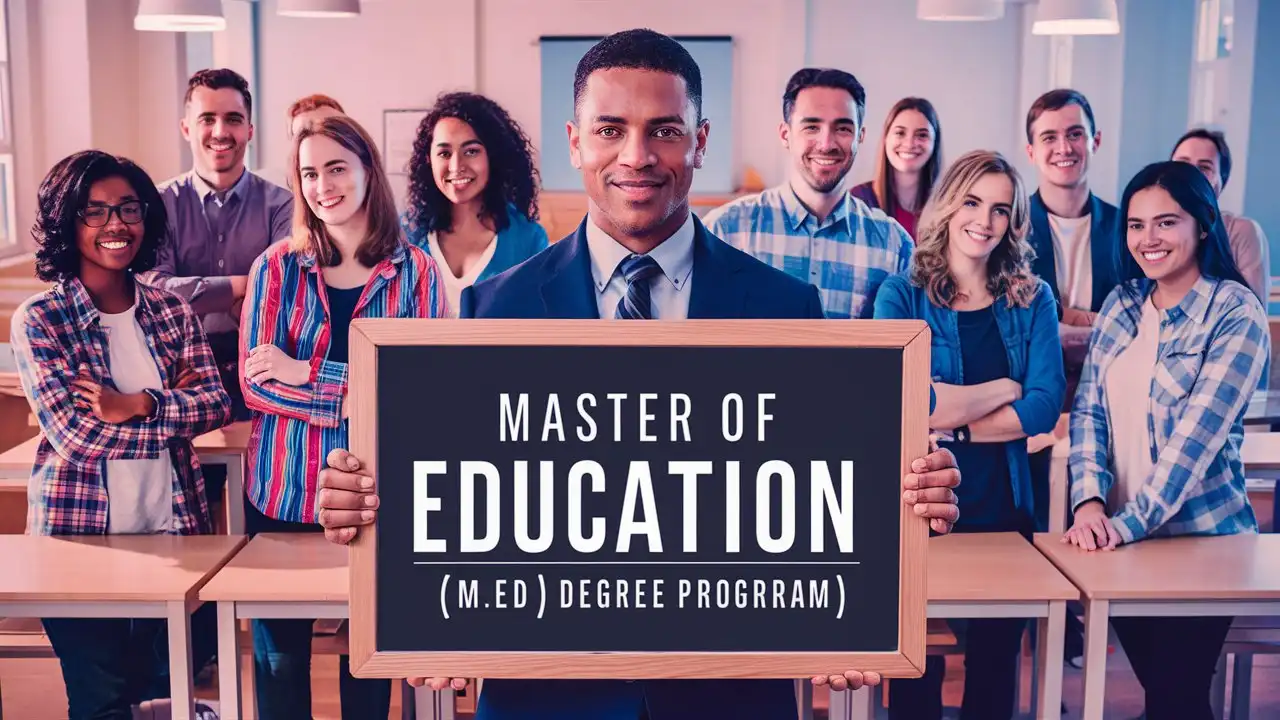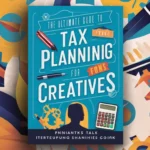Getting an M.Ed. degree is a strategic step toward enhancing professional practice. With an advanced degree, you can refine your instructional strategies and gain access to administrative roles. In this article, we will look into the key components of the M.Ed. curriculum, practical applications, specializations, and career prospects.
Understanding the Curriculum
The M.Ed degree program is designed to broaden the foundational knowledge of teaching professionals, covering topics ranging from advanced innovative teaching methods to the laws and policies surrounding education.
The coursework also extends to evaluating and conducting research. By learning research methods, you are ready to help with educational research. You can also apply evidence-based practices in your classroom or institution.
Many programs include instruction on leadership and administrative skills. These skills prepare you for positions that influence policy or organizational change. Focusing on inclusivity and equity, these programs emphasize effective learning environments that cater to the needs of all students.
Moreover, many institutions now offer programs with the flexibility to pursue your degree alongside your existing teaching commitments. Institutions that provide online programs, such as the UTS Online Master of Education program, are particularly valuable for practicing teachers. Such programs allow you to complete your coursework during non-teaching hours, minimizing the work and study conflict.
Theory and Practical Experience
M.Ed. courses are designed to provide theoretical knowledge and practical teaching experiences. Through practicums and internships, you can apply your learning in real-world teaching environments. Such experiences allow you to integrate theory with practice under the mentorship of experienced teachers.
Also, many programs encourage or require educators to engage with the community. This creates connections between local schools and institutions. Community involvement also helps you understand the broader context in which you work and identify opportunities.
Reflective practice is another key part of M.Ed. programs. It teaches you to continually evaluate and refine your approach based on your experience and new academic insights.
Career Advancement Opportunities After Your M.Ed.
Graduates are set for leadership roles in schools and educational groups. They can be department heads, curriculum coordinators, or even district-level administrators.
For academics, an M.Ed. can be a stepping stone to doctoral studies or roles in higher education. These roles include lecturing or academic advising.
It is also important to consider the financial implications of an advanced degree. Many districts and schools offer salary increases for teachers with a Master’s degree. This makes it a financially smart move in the long term.
The networking opportunities throughout the M.Ed. program also play an integral role in your career progression. The relationships built with your professors, mentors, and peers can facilitate job placements and collaborations.
Balancing Academic and Professional Commitments
While an M.Ed. program is rewarding, if you want to pursue it while working, a careful balance of work and study is necessary. Many teachers find that integrating coursework into their current teaching practice is efficient and improves their practical knowledge.
So, while you are working, you can try this approach as it will allow you to immediately apply what you learn in the program to your teaching. For example, a project on curriculum development can inform your lesson plans. It offers immediate benefits to your students and meets degree requirements.
Ultimately, success in an M.Ed. program while maintaining professional commitments is achievable with proactive planning, support from colleagues and family, and a commitment to personal and professional growth. An M.Ed degree program offers theoretical knowledge, practical application, specialty focus areas, and career advancement opportunities. It can be a formidable challenge, but for a dedicated educator, the payoff in terms of professional satisfaction and impact on students’ lives is immeasurable.











